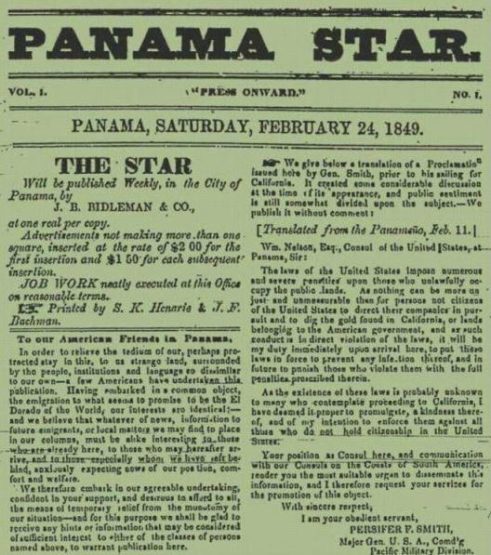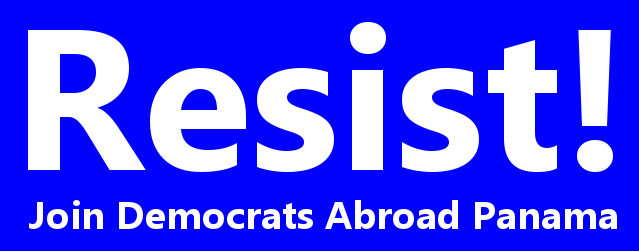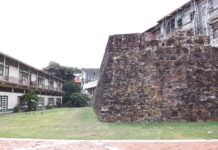
Freedom of expression and the system that rules us
by Marco A. Gandásegui, hijo
Again the US government has the Panamanian dailies La Estrella and El Siglo at the edge of a precipice. Acting unilaterally, above national laws and the international legal system, the American government advocates for its right to prohibit its citizens from conducting business transactions with certain Panamanian companies. The two periodicals mentioned are the property of a corporation whose principal shareholder is a Colon Free Zone merchant, Abdul Waked.
The case arose in the middle of 2016 when US justice proceeded to accuse a nephew of Waked of carrying out illegal transactions. This person was arrested and his case is pending. Meanwhile, Abdul Waked was declared suspicious and included in a list of persons who are non grata in the USA. The “Clinton List,” created in the decade of the 1990s, serves to identify all natural and juridical persons with whom the United States does not want its citizens to have business relations. Is it their right? Obviously, nobody has the right to oblige third persons to limit their relations with others. The United States is no exception. However, the United States has the power to impose a meaure totally outside the due process of law upon others.
In Panama public opinion has turned in favor of the businessman Waked and against the United States and its ambassador. It is an exceptional case in that the Panamanian people have never been inclined to lean in favor of businessmen as a class. The latter are not very well regarded, as they traditionally profit from the nation’s assets and are often placed above the law. In addition, they always dominate the government positions associated with the control and repression of popular protests.
There have been similar cases in Panamanian history in which businessmen have become folk heroes. Other businessmen have tried to promote themselves as national heroes. Even today, President Roberto Chiari, who served in that post from 1960 to 1964, the owner of the Ofelina sugar mill and the La Estrella Azul dairy, is venerated by some social sectors who remember him for breaking diplomatic relations with the United States over its aggression against the youth of January 9, 1964. Other anti-heroes include Pancho Arias and Tito Arias (who are unrelated), to mention only two.
Perhaps Waked does not fill these dimensions, which have political borders. He will probably not be remembered for his stand against the abuses of foreign powers. Waked was forced to sell all of his other properties, but has stood firm with the Panamanian-owned newspapers. He said that he would not sell La Estrella de Panama or El Siglo. They could succumb along with the two printing presses. His friends point out that he has made every effort to approach the US agencies to talk and seek a solution to the problem.
An unusual communique has appeared in Panama, signed by 50 representatives of different sectors of the country reflecting just a part of the support for the two newspapers that are attacked by the United States. The communique is short and sweeping: First is says that the American measure goes against freedom of the press and also freedom of expression. In this regard, it should be noted that both have always been curtailed by powerful interests.
The signatories of the communique conclude that “with the survival of these newspapers, the United States does not lose. However, Panama loses a lot with their disappearance.” US interests are clear. They have not changed much since they began to consider the riches of this region more than 150 years ago. For Panama, on the other hand, the struggle of La Estrella de Panama is not only about facing up to US interests, but also has to do with the possible loss of an independent voice.
If Waked leaves the scene as head of the publishing enterprise, who or what will replace him?
Freedom of expression is measured within the framework of the correlation of forces that characterizes a country. It’s also that way globally. Whoever speaks the loudest defines the parameters of freedom of expression within the system. Those outside of the system do not count and therefore their expression is given no value. In the case of Panama, the United States considers it partially outside the system. It can intervene in our political and economic life when it considers it necessary. Likewise, it defines freedom of expression in accordance with its interests.
~ ~ ~
These announcements are interactive. Click on them for more information.










